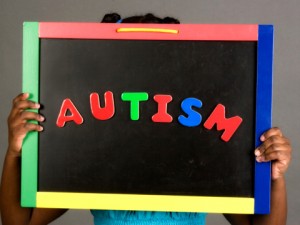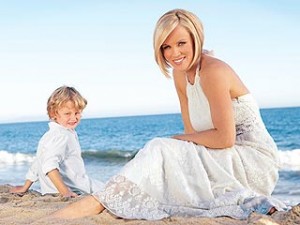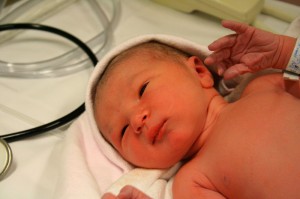 Co-occurring Conditions and Change in Diagnosis in Autism Spectrum Disorders
Co-occurring Conditions and Change in Diagnosis in Autism Spectrum Disorders
Abstract
OBJECTIVE: This study aimed to investigate descriptive characteristics and co-occurring neurodevelopmental and psychiatric conditions in young children, children, and adolescents with a current and consistent or past but not current (PBNC) diagnosis of autism spectrum disorder (ASD) and how such characteristics and conditions may engender a change in diagnosis of an ASD.
METHODS: Cross-sectional data of 1366 children with a parent-reported current or PBNC ASD diagnosis were obtained from the National Survey of Children’s Health 2007 data set across 3 developmental stages: young children (aged 3–5 years), children (aged 6–11 years), and adolescents (aged 12–17 years). Multinomial logistic regression was used to examine demographic characteristics and co-occurring conditions that differentiate the groups with a current ASD from groups with a PBNC ASD.
RESULTS: Results indicated the co-occurring conditions that distinguish groups currently diagnosed with an ASD from groups with a PBNC ASD diagnosis. In young children, current moderate/severe learning disability, and current moderate/severe developmental delay; in children, past speech problem, current moderate/severe anxiety, and past hearing problem; and in adolescents, current moderate/severe speech problem, current mild seizure/epilepsy, and past hearing problem.
CONCLUSIONS: These findings suggest that the presence of co-occurring psychiatric and neurodevelopmental conditions are associated with a change in ASD diagnosis. Questions remain as to whether changes in diagnosis of an ASD are due to true etiologic differences or shifts in diagnostic determination.
Translation
They studied differing age groups of children that were previously diagnosed with autism and found that some of them no longer fit the criteria for a diagnosis.
By the way, PBNC means Past But Not Current… as in, they had the diagnosis but now they do not.
What they do not know is why. Is it because they “grew out of it” or because they’re simply able to “fake it” now as they’ve grown and learned or is it something else?
My Opinion
This is simply my opinion of the story, stop reading if you do not want opinions and are happy just having read the details of the original study itself.
Now, the big problem with studies like this is the the amount of questions is brings up but obvious lack of answers. These types of scenarios tend to leave a lot open to the imagination and the media will simply eat that right up.
Some examples:
These articles are full of assumptions right out of the gate.. dangerous assumptions. It’s one thing to give parents false hope when it’s possible there is none but it’s another to give them license to just do nothing. You see, while this certainly doesn’t say that all children will grow out of it, it does raise the question in some people’s minds… which may lead them to just leave it up to fate… chance… God. Which ever. They can now stop trying to improve their child’s life because if it’s meant to be… they’ll just grow out of it!
For all we know, it could be that the data they used before was faulty, perhaps many of those children were wrongly diagnosed…. perhaps these doctors are much better (or worse) at recognizing autism symptoms than the doctors that previously diagnosed the children?
We just don’t know. And therefore, to throw around statements such as the one in this news piece is very presumptuous and further more, dangerous.
In my opinion, you have to remember that autism is diagnosed by doctors that observe behaviors in a person. This means that these children truly can learn how to do the things that they couldn’t before, some of those things being criteria based symptoms that define autism. In other words, maybe a child masters the repetitive behaviors, the speech problems and continue to have other struggles in their lives. This would meant that they would no longer fit the criteria for an autism diagnosis and yet, they still very clearly have autism.
Then there truly are those that are misdiagnosed to begin with. There are possible reasons… for example, out growing may very well be a possible reason. But there are also other very likely possible reasons.
“Autism Study of the Month”
The purpose of the Autism Study of the Month series is to provide unpolluted (by the media) information about the studies released at least once a month in the study of possible Autism causes or risks.
You will find links to the actual studies, get to read the “abstract” of the study and, when possible, get the PR release from the source.
When it comes to science, let’s leave the media out of it.

















